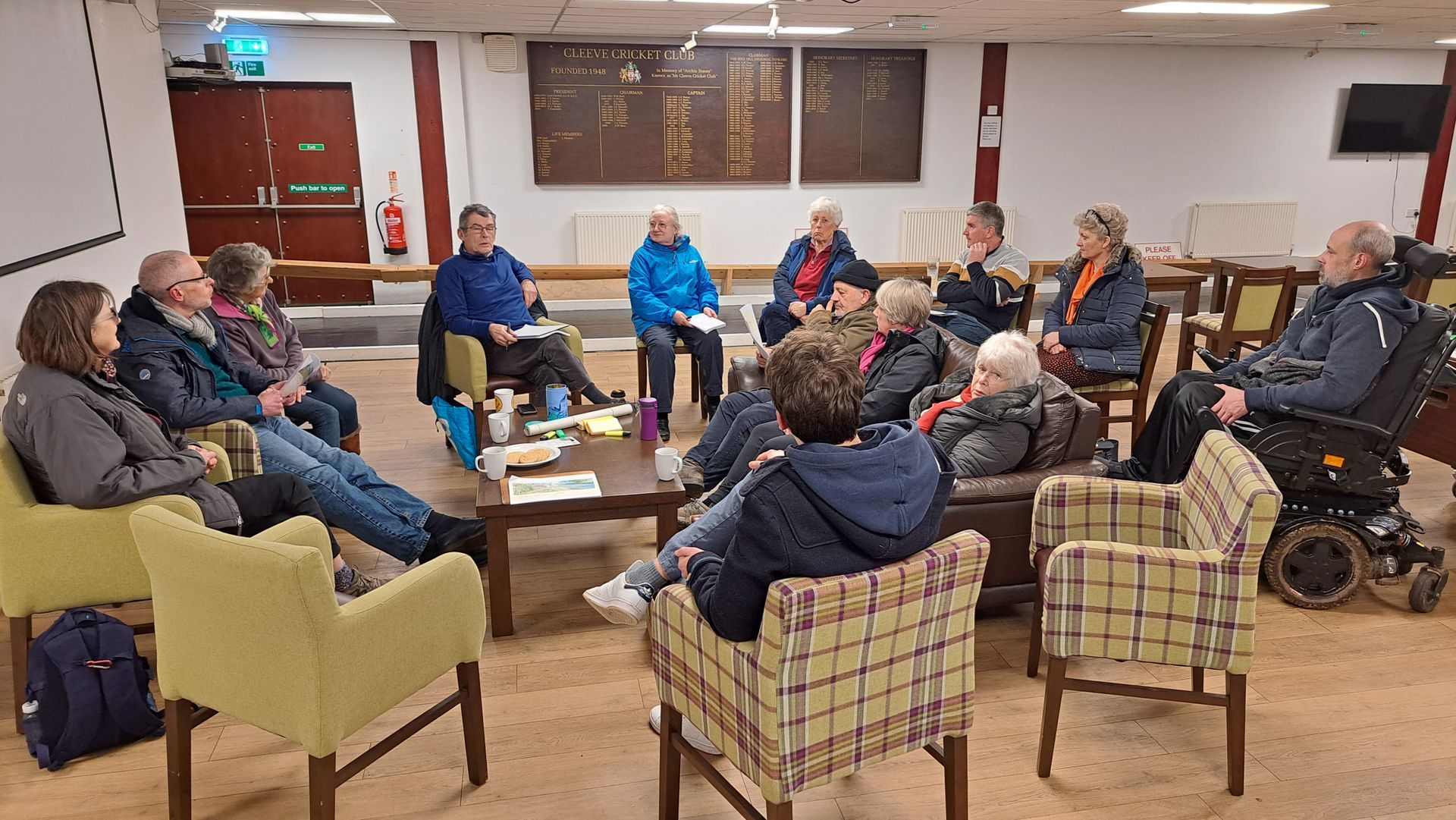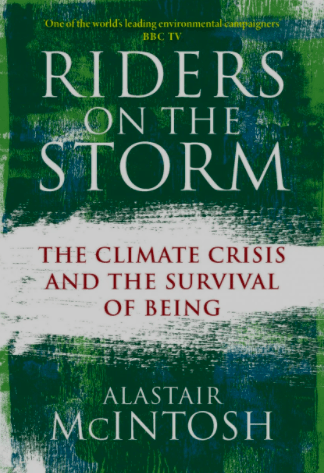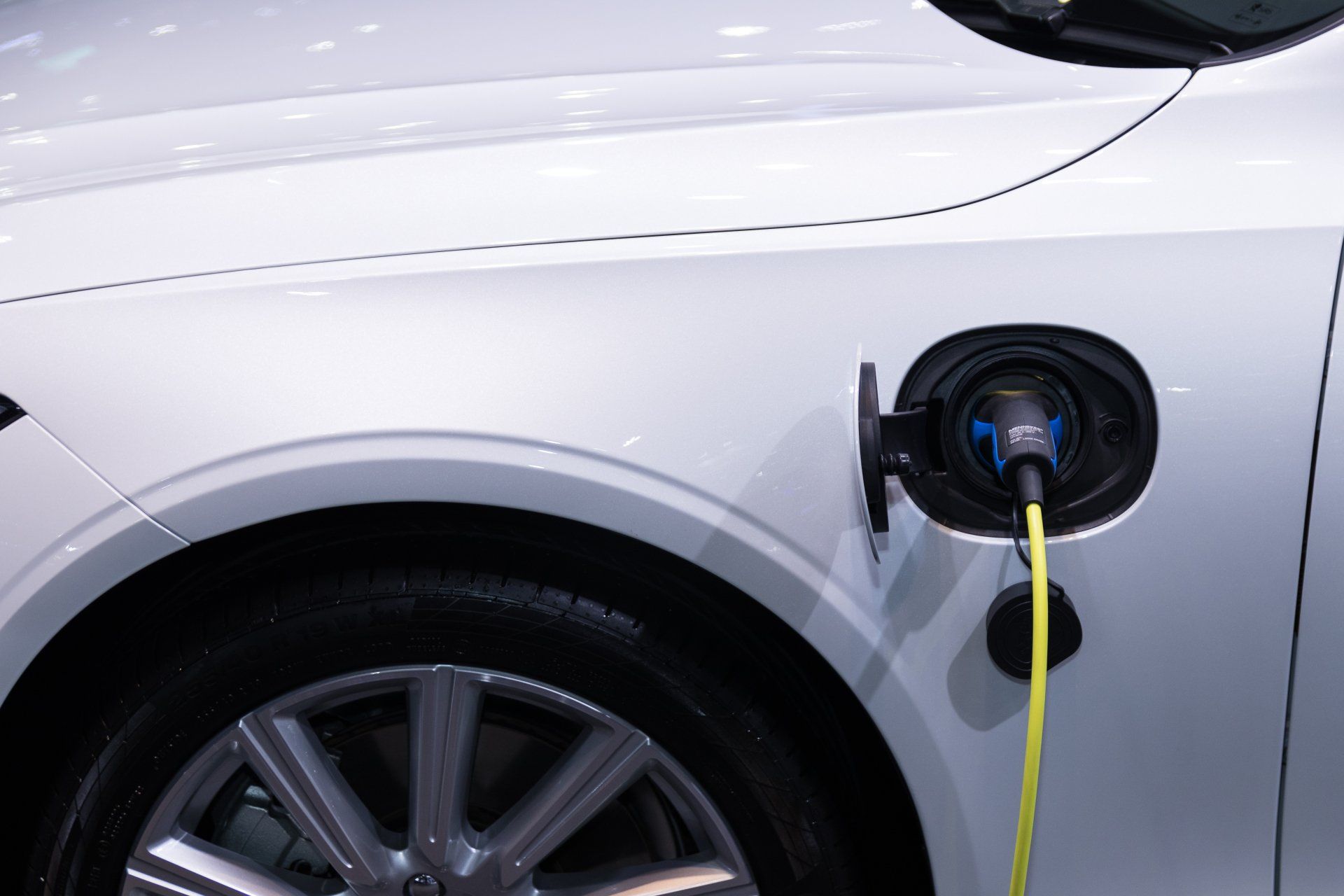What Happened to the Energy Revolution
Did someone say "vested interests" of big energy?
“Bill Gates is one of the very few people in the world who set out to create a revolution and lived to see it happen”! So said Amol Ragan as he concluded his interview for the Today Podcast, suggesting that Bill’s vision for personal computers with powerful, inexpensive software had indeed revolutionised the world.
Nearly two decades ago I heard the indefatigable Bristol based energy champion Dave Saunders offer a similar prophecy about an energy revolution; that solar power would also follow Moore’s Law. That is to say, a regular doubling in capacity with only a marginal increase in cost, leading to exponential availability of cheap, fossil-free energy for all. Arguably, part of this is true - solar energy is now cheaper to produce per kW hour than any other source, and the world is generating more than ever before - but it is far from providing cheap, clean energy for all.
Why is that?

Ownership of production has remained largely in the hands of those with little incentive (or frankly vision) to offer energy at the cheapest possible price. Investment for profit means that community benefit is marginal, and those households installing their own solar arrays are predominantly middle-income or higher. Furthermore, lack of subsidies (unlike the billions for fossil fuels), lack of grid connections, complex planning processes, and costly legal frameworks all slow down the process, increase the risk, and push up the cost.
Bill Gate’s top tips for success include a relentless focus on solutions and a set of values that focus on human rather than economic growth. Of course, in partnership with some other brilliant people, he also got rich, but for him that was happenstance along the way and, unlike most billionaires, he is now putting it to good effect through the Gates Foundation.
Of course, we must also pay tribute to pioneers like Dale Vince of Ecotricity and Juliet Davenport of Good Energy who set out to upset the market and compete with the big 5. We should also note innovators like Ripple Energy who have partnered with Octopus Energy to offer a different model of ownership. But no matter how pioneering, innovative or disruptive these champions of renewables are, energy markets are still controlled by those that wish to protect their vested interests and maximise their shareholder returns.
The Government's new energy company
GB Energy offers some hope, with community energy groups lobbying hard for government to mandate community ownership of a significant proportion of all new large scale energy projects. The prospect of
Local Power Plans hopefully brings with it the opportunity to increase the pipeline of smaller installations.
Hopefully community energy will also go "further and faster" (sic) but somehow I don't think it is yet part of the revolution.
So if you happen to read this Bill, or anyone else who might join our endeavour to break the status quo the feel free to drop me a line.
Darren Hall is a volunteer Director of
Bristol Energy Network CIC






